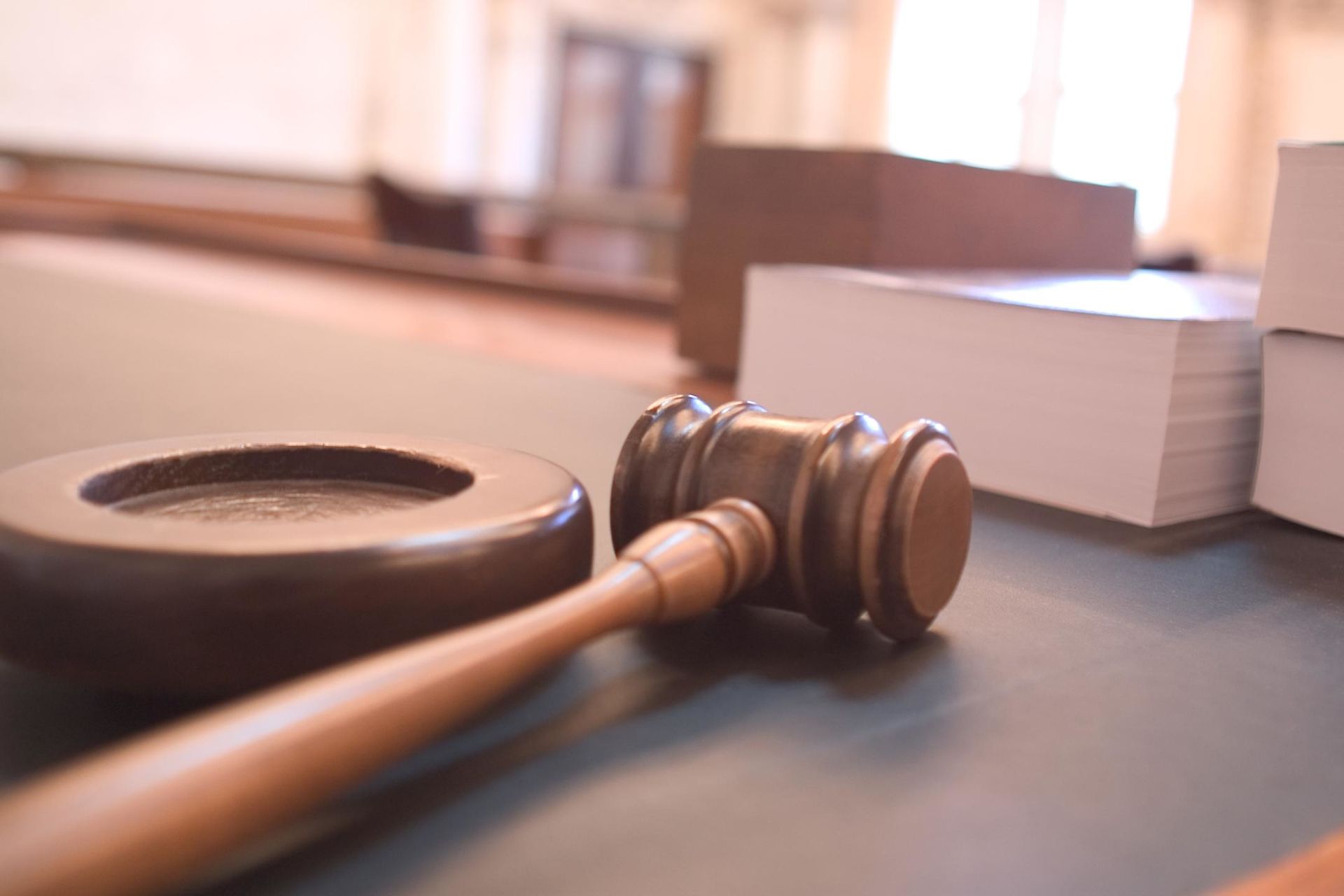Pamela R. Goodwine and Erin Izzo are running in the general election for the Kentucky Supreme Court 5th District on Nov. 5. Kentucky is one of 13 states to elect state supreme court judges in nonpartisan elections.
Goodwine and Izzo are running to replace retiring incumbent Chief Justice Laurance VanMeter. The winner will not replace VanMeter as chief justice, however. The court selected Justice Debra Hembree Lambert as chief justice on Sept. 23, 2024, effective Jan. 6, 2025.
Kentucky's seven-justice Supreme Court is officially nonpartisan. However, Democrats and Republicans have both endorsed and donated to opposing candidates. Governor Andy Beshear (D) endorsed Goodwine and former Govs. Steve Beshear (D) and Paul Patton (D) donated to her campaign. The Clark County Republican Party endorsed Izzo and local Republican groups in Fayette and Madison counties donated to her campaign.
According to Bolts, "While Kentucky is now staunchly red, its judicial elections are nonpartisan, and the court’s politics can be difficult to decipher. ... [W]ith Chief Justice Laurance VanMeter—a Republican even if he ran for judge without a party label—retiring and leaving an open seat on the ballot ... [t]he race to replace him could shift the court one step to the left."
Goodwine, a judge for the Kentucky Court of Appeals 5th Appellate District, said, "I have been a registered independent since I became a judge and I am known for continually displaying a strong work ethic along with honesty and integrity to ensure justice for all. ... I have staunch supporters from all parties and welcome and accept invitations from all parties to participate in their events." Izzo, a partner at Lexington law firm Landrum & Shouse, said she was also open to appearing before groups that lean left, right, or are neutral, and that it "'would be dangerous for Kentucky' to open up judicial races to more partisanship in the future."
According to Louis Jacobson writing in Sabato's Crystal Ball, Kentucky is one of five states—the other four being Michigan, Ohio, Montana, and North Carolina—to "have competitive supreme court elections this year with results that could shift the court’s ideological balance, at least to a degree."
In an interview with the Kentucky Lantern, both candidates spoke on their experience, motivations for running, and judicial philosophy. Having served on an intermediate appellate, circuit, and district court, Goodwine said, "Upon election to the Kentucky Supreme Court, I will be the first woman and only the fifth person in history to serve at all levels of the judiciary in Kentucky. And I pledge to bring ... not only the legal expertise, work ethic, preparedness and passion for the law ... but also a commitment to approaching each case with a dedication to the rule of law and justice for all." She also said that the Supreme Court was "'the ultimate interpreter of the Constitution, laws and rulings' ... and renders rulings with binding legal precedents."
Izzo said her 19 years of work on litigation, arbitration, and mediation qualified her to serve on the Supreme Court and that "[a]s an arbitrator, we do a lot of the same things that judges do. We look at cases. We have attorneys come before us. I hear arguments. I make decisions. I hear evidence. I preside over trials." She also described herself as a constitutionalist: "If there’s something there that might be better socially, or might (be) something that I disagree with, it’s not my place to change. I look at how things are, what the intention of the founding fathers were with our Constitution, and that kind of carries over to what legislative intent was when a law was adopted."
Thirty-three states are holding state supreme court elections in 2024. In total, 82 of the 344 seats on state supreme courts are up for election. Of these seats: nonpartisan justices hold 61, Republican justices hold 15, and Democratic justices hold six.



